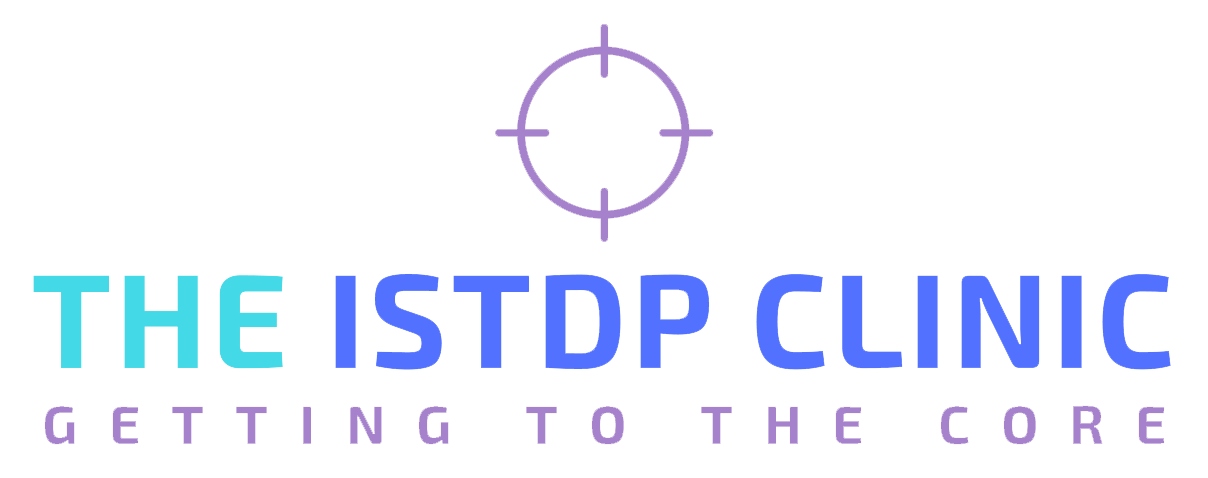There are several types of eating disorders, including anorexia, bulimia, and binge-eating, but most experts agree that they are rooted in psychological causes and not just a desire to lose weight. Because of this, treatment plans for eating disorders generally involve both physical and emotional cures, and since each treatment can be personalised to the patient’s individual situation, these treatments are highly successful as long as the patients do their part and get involved.
How Does an Eating Disorder Treatment Work?
All types of therapy are included in treatments for eating disorders, including psychological therapy, nutritional advice, self-care tips, and a whole lot more, and even the psychological treatments are broken down into different types. In the beginning, the patient works with a medical doctor, eating disorder psychologist, and a nutritionist so the illness can be properly diagnosed. Next, they determine the best course of treatment for that patient so that the results are more likely to be positive. Eating disorders can be fatal and should always be taken seriously, which is why if you have a loved one who might be suffering with any type of eating disorder, it is important that he or she be taken to a doctor immediately.
Options for Eating Disorder Treatments
The good news about eating disorders is that a complete recovery is always possible. If you’ve ever asked yourself, how does an eating disorder treatment work, you should know that all treatments will involve just what the patients need so that recovery happens sooner rather than later. Treatments for eating disorders are usually done in an in-patient facility, although more and more outpatient facilities are also being used for this condition. Since each patient’s treatment plan is a little different, it will always consist of just what the patient needs both physically and psychologically to get better quickly.
Indeed, there are numerous options for eating disorder treatment plans, which is why there are so many different professionals from all different areas devising the treatment plan for the patient.
Types of Eating Disorder Treatment Therapies
Many types of eating disorder treatment therapy exist, including the following:
- Psychotherapy, including cognitive behavioural therapy, family-based therapy, and group cognitive behavioural therapy
- Medical care/monitoring
- Medications
- Nutritional counselling
- Reducing excessive exercise
- Bringing weight to a healthy level
More often than not, the plan includes a combination of one or more of these treatments. Each of the treatments can be personalised so that the patient gets everything he or she needs and nothing that he or she doesn’t.
How Does it Work?
In addition to paying attention to the patient’s physical and medical needs, treatments for eating disorders pay a lot of attention to why the patient got there in the first place. Because of this, there is a lot of psychological counselling in any type of eating disorder treatment, and it concentrates mostly on areas such as:
- Normalising eating habits to get to a healthy weight
- Improving your mood
- Replacing unhealthy eating habits for healthy ones
- Learning how to monitor your eating habits
- Helping you develop problem-solving skills
- Developing stress mechanisms to deal with difficult times
In addition, since people with eating disorders often have other psychological challenges, including depression and anxiety, the staff always looks at the treatment plan as a holistic way to treat the patient, looking at all areas of the patient’s life so that all problem areas can be addressed, including both physical and emotional ones.
Regardless of the type of eating disorder a person has, the good news is that there is a solution that can help that person fully recover and feel like a whole person again. Treatment plans get at the root of the problem so that it can be addressed properly, which increases the odds of a full recovery in the end.

